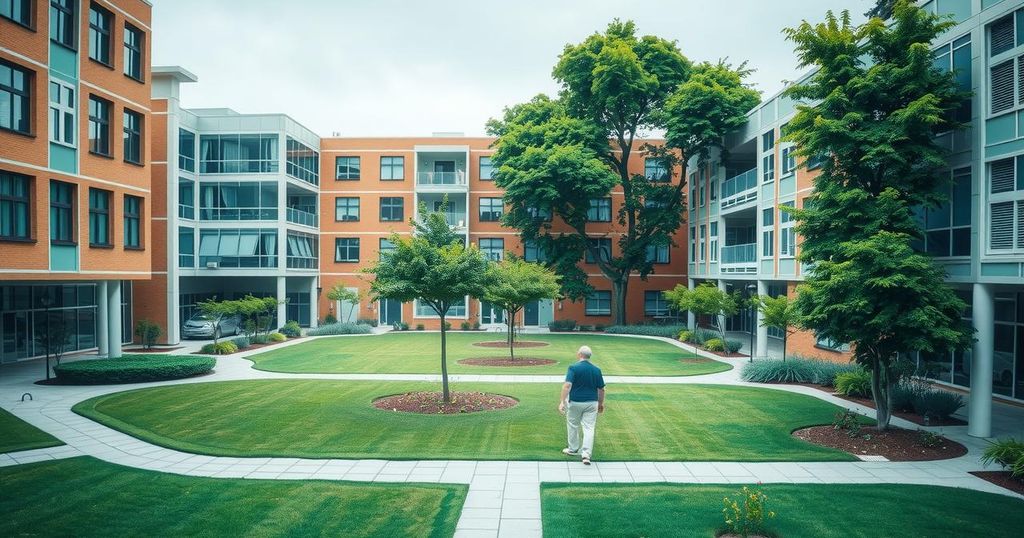Columbia Dean’s Stark Warning to International Students Following Arrest of Mahmoud Khalil

Columbia University Dean Jelani Cobb warned international students against sharing opinions on sensitive issues such as Gaza and Ukraine following the arrest of Mahmoud Khalil. His caution reflects a concerning political climate for non-citizens under the Trump administration, with implications for free speech and the responsibilities of universities. Critics emphasize the need for legal support and protection for students, underscoring the challenges they face in expressing dissent amidst potential repercussions.
In light of Mahmoud Khalil’s arrest at Columbia University, Dean Jelani Cobb delivered a stark warning to foreign students, emphasizing, “Nobody can protect you.” This admonition was directed towards international students nearing graduation, advising them against making public statements regarding sensitive topics such as Gaza and Ukraine, particularly in the context of potential repercussions from authorities under the Trump administration. Cobb characterized the current climate as perilous, highlighting the risks of expressing dissent.
The university administration has faced criticism for its handling of Khalil’s situation, particularly from activists and political figures who contend that Columbia has not sufficiently defended its students. The Trump administration’s actions, coupled with Congressional scrutiny, have resulted in significant funding cuts to the university, further complicating its response to activism on campus. Concerns have been raised about the implications of this political environment on students’ freedom to express their views.
Experts are divided regarding Cobb’s cautionary tone. Some argue it reflects a necessary, albeit disheartening, reality for non-citizens, while others see it as an alarming compliance with governmental overreach. Ethics expert Kelly McBride and media lawyer Stuart Karle underscored the potential dangers for international students publishing opinions perceived as politically charged, suggesting that they may be vulnerable to visa revocation or other legal threats.
Karle advised students to maintain their commitment to journalism but to exercise caution regarding publication timing. He recommended that aspiring journalists consider delaying the release of their work until they are not subject to visa restrictions. This sentiment was echoed by Robert Shibley, who advocated for providing students with the necessary legal information rather than prescriptive advice that could hinder their expression.
The discourse surrounding this issue raises critical questions about the landscape of free speech on college campuses, particularly for international students who face unique challenges. The arrest of Khalil has ignited significant debate over the rights of students to engage in activism without the threat of deportation, emphasizing the need for universities to support their vulnerable populations in navigating these turbulent political waters.
The warning from Dean Jelani Cobb about the precarious environment for international students at Columbia University highlights growing concerns regarding free speech and the potential repercussions of activism amid an increasingly hostile political climate. As the university navigates criticism for its handling of recent events, it is paramount that institutions support and inform their non-citizen students, enabling them to engage in discourse while protecting their legal rights. The current climate raises essential discussions about the balance between safety, academic freedom, and the responsibilities of educational institutions in safeguarding the rights of all students.
Original Source: forward.com






